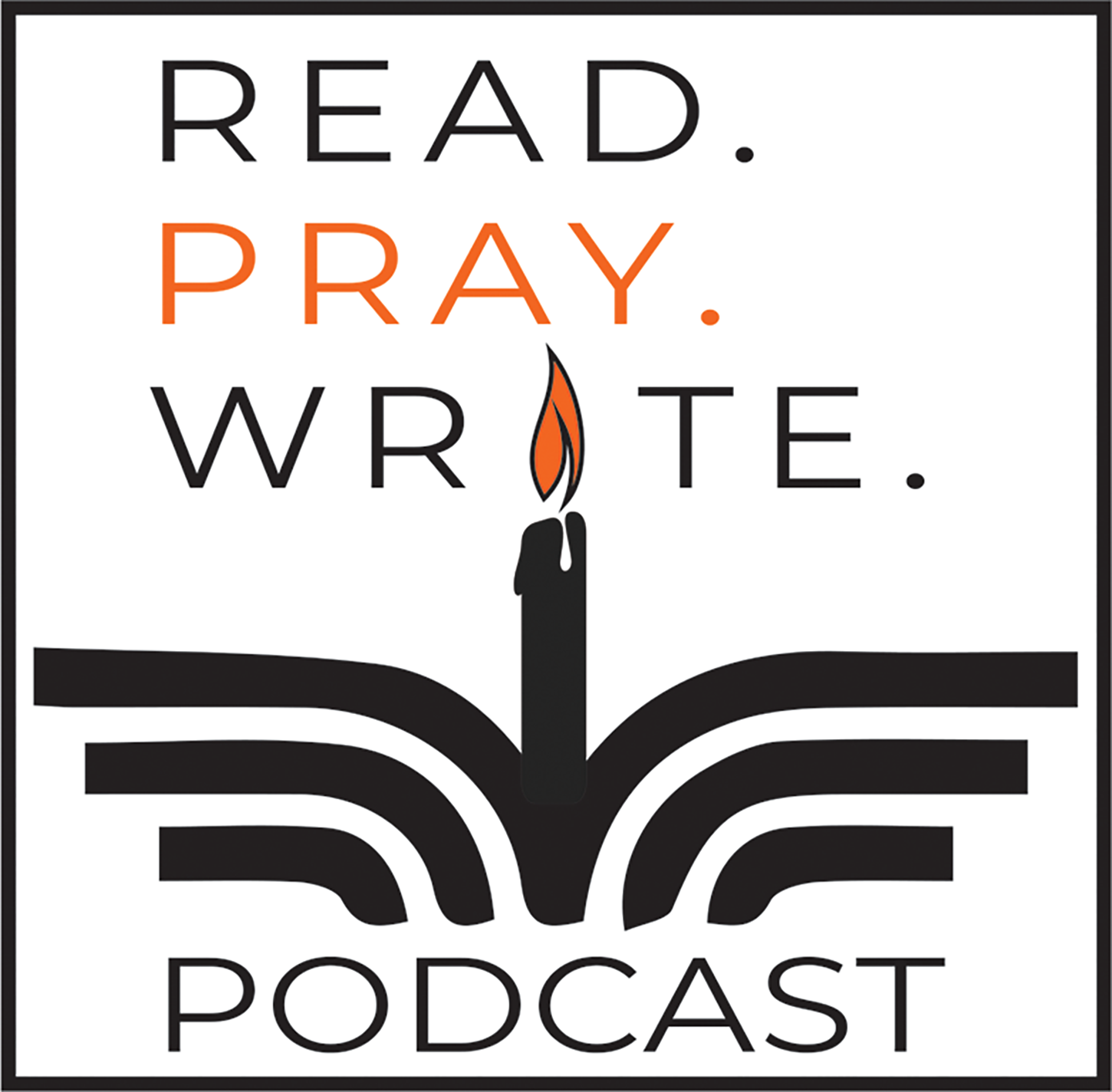

Everyone must find his/her/their own path.
By Jean P. Kelly
WRITING PROMPT: “Write your own prayer about a particular contradiction, concern, or confusing aspect in your life’s direction. Spill out any and all of the details, but end with your own surrender to God’s will and your statement of trust that the Creator will never abandon you.”
ESSAY By Jean P. Kelly
“My Lord God. I have no idea where I am going. I do not see the road ahead of me.”
I prayed this frank and honest and plea to God almost every day for three years as I clawed my way out of a too-long relationship with an abusive alcoholic and left a toxic home. I escaped, but was still lost, wandering aimlessly in a desert of confusion, self-blame and desperation. Until, that is, I discovered that even the revered philosopher and monk, Thomas Merton, had trouble reading God’s roadmap for his life.
During a stay at the Abbey of Gethsemani where Merton lived in Trappist, Kentucky, I discovered his In Thoughts on Solitude, one of 70 titles he wrote in his lifetime. In it he wrote “If we follow Christ we have to risk everything in order to gain everything. We have to gamble on the invisible…because there is nothing more insecure than the transient world.”
In the gift shop, I found a bookmark with his now-famous prayer, that concludes with “I trust you always, though I may seem to be lost and in the shadow of death.” I knew I was still lost, but I wanted so much to trust again. That lead me to the advice of another philosopher who wrote about life’s path. “Though your destination is not yet clear, You can trust the promise of this opening,” John O’Donohue wrote in his poem, For a New Beginning. “Unfurl yourself into the grace of beginning, That is at one with your life’s desire.”
“I was lost again, unsure how to help three loved ones who couldn’t–or wouldn’t–turn away from the twisted life paths caused by addiction and those addicted.”
Eventually, the fog of co-dependency lifted ever-so-slowly, revealing a narrow dirt path, then gravel, then sleek pavement extending endlessly toward the horizon. Eventually I ran, like the time I ran down the centerline of a highway in Monument Valley, Utah, where an epic scene in Forrest Gump was filmed. I dodged traffic just like I metaphorically dodged so many pitfalls in a miserable home for too long.
I rushed blissfully toward a sure destination: an authentic marriage, an anxiety-free daily existence and a joyous new life. I became confident enough to no longer need the Merton prayer. Until, that is, I encountered not one but several forks in the road, all within a matter of months. I was lost again, unsure how to help three loved ones who couldn’t–or wouldn’t–turn away from the twisted life paths caused by addiction and those addicted.
I read again the O’Donohue poem and understood a different stanza anew. I “stepped onto new ground…eyes young again with energy and dream.” With renewed vision I understood: God’s roadmap for me had at least temporarily diverged from the paths of those I loved. The best I could offer them was prayer. So I wrote this prayer of acceptance and detachment:
Prayer for the Lost
My Lord God. Please walk with my dear ones because I cannot. Straighten their paths even as they diverge with mine.
When they deny you, give them reason to doubt. When they are convinced they need not your protection, draw nearer still. When they are lost, lead them, especially through pain, through danger, through sadness and affliction. When they fall, send an angel to lift them up. Because I am not an angel, I cannot.
In Your love, let them know my love. In your endless mercy, help them understand the best forgiveness I can offer is this: to accept their choices and show enough respect for their journey enough that I simply step out of the way.
As you told Jacob you would do for your people, console and guide my loved ones. Lead them to brooks of water on a level road, so that none shall stumble.
I trust, Dear Lord, that someday their souls will sense what mine once did: hope, happiness, and love await just around the next curve, if they just keep walking. I know you will never leave them to face their perils alone.
About the Author
Jean Kelly believes in the power of stories, both hers and others, to give hope, build faith, and improve communities. That is why she considers herself “a lectio-divina evangelista” who teaches how spiritual reading is sometimes the only prayer that works, especially in times of desperation. The ancient practice has saved her from several destructive and co-dependent relationships by offering easy access to peace of mind. She is a novice of St. Meinrad Archabbey, on the path to becoming a Third Order Benedictine Oblate.
